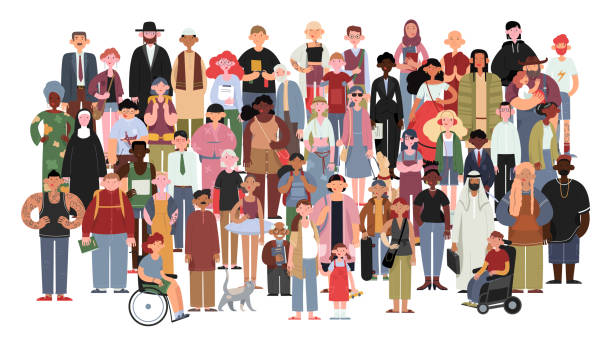Are we products of our environment or products of our expectations?
I believe we are the products of both our environment and expectations because these two ideas are so complexly intertwined.
Environment
I think that our environment can impact and shape us.
Surroundings that can shape us include: family, culture, religion, and socioeconomic status
All of these environmental aspects can influence our choices, behaviors, interactions, attitudes, and even our expectations.
Expectations
However... I think our expectations also impact and shape us.
Expectations that can shape us include: personal beliefs, perceptions, and attitudes
All of these expectations are shaped by our upbringing, past experiences, personal aspirations, and exposure to diverse ways of thinking
Interconnectedness
Notice the overlap between some of the words between environment and expectation... This is the interconnectedness I was talking about in the beginning. We see that our environmental surroundings can influence things like our attitudes which are also a part of our expectations that shape us. We also see that our expectations can be shaped by our upbringing and past experiences which are part of our surroundings that shape us.
Value of Environment or Expectations Based on Intrinsic vs. Extrinsic Motivation
Both of these ideas are also impacted by the personality of an individual.
If you ask several mothers about raising their children, they will typically acknowledge how fascinating it is that newborn babies immediately are born with a certain level of personality right from the get-go. This personality is seen in the simple actions of babies, a baby who likes to cuddle with a parent vs a baby who prefers to sleep in a swaddle by themselves, a baby who is fussier vs a more easygoing baby. These preferences are all determined by the simple action of crying, to show something is not right. It is also important to note that personality also does change. As babies become children and then teens, and then adults.
Let's take a look at two examples of how personality impacts these ideas of expectations and environment:
If someone has a kid who questions society and authority right from birth, we might see an individual who is more intrinsically driven. In this case, the individual's expectations will hold more value therefore regardless of environment, this kid will always be naturally more impacted by their expectations. On the other hand, if someone has a kid who is very go-with-the-flow right from birth, we might see an individual who is more extrinsically motivated. In this case, the individual's environment will hold more value and cause a larger impact regardless of the individual's expectations.
Personal Examples
Now let's take a look at a personal example of when I was a child based on some of the memories of my mother raising my brother and I:
*Starting these examples off with the important note that my brother and I are twins so my mother had a first look at two different children with the same environment at the same time*
One, thing she noticed right away was that I was a very fussy child, I liked what I liked and you could not convince me otherwise. If I was upset no person, toy, or distraction could get me to stop except for myself. On the other hand, there was my brother who liked what he liked but could be convinced to stop crying with simple distraction. Immediately, within months after birth, we see an intrinsically motivated baby (me) and an extrinsically motivated baby (my brother).
As we got a little older she noticed another set of fascinating traits that came naturally to us. That my brother was more of a tester and that I was more of an observer... let me explain. My mom always shares the story of when we both learned to walk. My brother would do anything to try to walk on his feet that meant pulling himself, falling, then getting up, taking wobbly steps, and then falling again. Then there was me, who observed my brother during the entirety of his attempt to walk, not once getting up to experience the wobbly steps myself. After watching him try several times, I just stood up and started walking. In this case, it would appear that my brother would be more intrinsically motivated and I would be more extrinsically motivated.
Conclusion
So we can see, that we as humans are shaped by both our environment and our expectations. We can look at what shapes us sort of as a percentage of 100%. A certain percentage being the impact of our environment and a certain percentage being the impact of our expectations. This percentage breakup is constantly fluctuating based on our stage of development and age. However, there will always be an innate sense of a stronger intrinsic motivation or extrinsic motivation.
To this day, I would consider myself extremely intrinsically motivated. If I were to create my personal percentage of environment-to-expectation impact, I would say it was 85% expectation and 15% environment. I have always been naturally motivated and my expectations have always held more weight (or value) since I can remember. However, I also acknowledge that all the opportunities that my early intrinsic motivated expectations got me, surrounded me with more intrinsically motivated individuals cultivating an overall environment where our expectations had more value. So the impact of my environment and expectations were aligned leading to the same result, regardless if the environment had more impact or my expectations had more impact.


Kyra, I agree and said the same thing that we are a product of both together and they are very complicated.
ReplyDelete